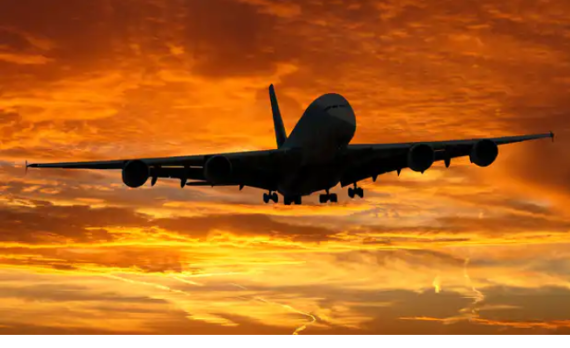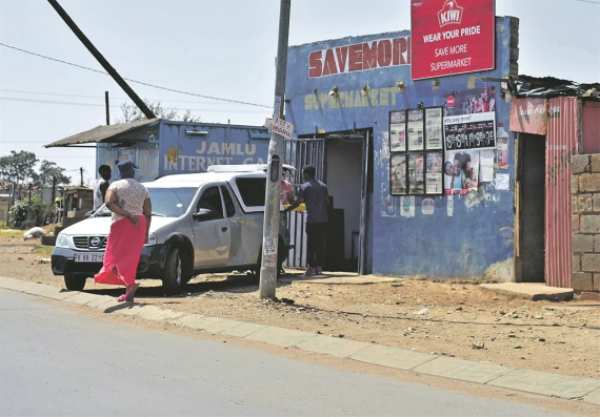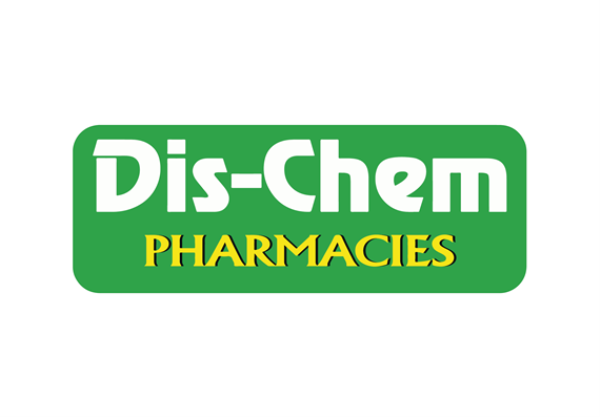Set in the kelly-green hills of Ireland’s County Clare, Dromoland Castle is the type of getaway that never sits empty. Photo: Pixabay
JOHANNESBURG - Set in the kelly-green hills of Ireland’s County Clare, Dromoland Castle is the type of getaway that never sits empty.
Why would it, with a pampering spa tucked behind 16th century walls, a par-72 championship golf course, and more stars on travel review sites than in all of Hollywood?
And yet, in the wake of Covid-19, the fairytale 450-acre estate—like many hotels around the world—closed its doors for safety in March. “We’ve stayed at Dromoland Castle twice and have been dreaming about going back, but obviously, right now we’ve been hesitant to travel,” says Natalie Payne, a Mount Pleasant, S.C., travel adviser with two teenage sons.
According to the American Hotel & Lodging Association, “leisure and hospitality” was the hardest-hit industry in the Covid-19 era, far worse than retail and construction. In the U.S., hotels have lost more than $31 billion in room revenue since mid-February; as of June 3, 60% of open-for-business accommodations are sitting empty. Some 7.7 million hospitality and leisure jobs were lost in April alone.
While reopening the tourism industry may feel like risky business, hoteliers are pivoting into recovery mode with the help of cutting-edge technologies that can help minimize contamination and human touchpoints. “Frankly, it’s as much about keeping the employees safe as it is the guests safe,” says Neil Jacobs, chief executive officer of Six Senses, whose 18-hotel portfolio has installed chemical-free ozone cleaning systems that use electrically-charged oxygen molecules to rid the air of bacteria, viruses, and odors. Here’s how hoteliers are readying themselves for the new normal.
Rise of the Machines
Among the hotels most firmly doubling down on high-tech cleaning gadgets is the Carillon Miami Wellness Resort, whose apartment-like accommodations in South Beach, Fla., reopen July 1. The property is using a device called the Curis fogger, which vaguely resembles the Ghostbusters Proton Pack, to decontaminate air and hard surfaces with a hydrogen solution and spray hose. In the spa, a UV-C Sanitizer zaps 99.9% of bacteria on objects and surfaces.
Throughout public spaces, it’s also deploying hospital-grade electrostatic sprayers that are capable of decontaminating 18,000 square feet per hour. Likewise, 1950s Scottsdale, Ariz., icon Hotel Valley Ho has ordered three of the devices for its property.
These sprayers are also the main weapon of choice for the recently reopened, 4,029-room Venetian Resort in Las Vegas, where the typically buzzing lobby is now sterile as an operating room. Greeting guests and team members at each entry are security officers with temperature-taking thermal scanners. UV lights decontaminate shipments to the mailroom, receiving docks, and even bellhop carts. And around the first floor’s many dining and retail venues, you’ll spot almost a thousand physical distancing markers to encourage guests to space themselves apart in line. The hotel has branded its efforts as “Venetian Clean.”
Hotels such as the Venetian—which can have thousands of guests under one roof— are generally not designed for social distancing. But simple solutions can go a long way. In Amagansett, N.Y., guests can request to use the Roundtree’s Upang UV sterilizer machines at the hotel’s Main House and Breakfast Shed. Typically used to sterilize such items as baby bottles, they look like shrunken Smeg refrigerators that disinfect small objects, including cell phones and car keys, by exposing them to UV-C light for 10-minute cycles.
In many cases, independent hotels can be nimbler than big, bureaucratic brands because they don’t have to worry about scaling costs or approval processes for every proposed tweak. Still, some global hospitality companies have the advantage of existing technology on their side.
Yotel, for instance, is a tech-focused hotel brand with 14 locations from Singapore to San Francisco. It has used robots in the past to fulfill simple housekeeping requests. Now those Jetsons-inspired butlers are being deployed to deliver luggage to guest rooms, too, in order to eliminate an additional touchpoint.
Other hotels are investing in less-intrusive machines, including Molekule air purifiers, which claim to destroy up to 99.99% of SARS-CoV-2 proxy virus concentration in two hours. As of June 1, guests can find them in all rooms and suites at Rhode Island’s Ocean House and Weekapaug Inn.
Then there’s Asheville, N.C.’s Kimpton Hotel Arras, which is rewiring old technology—elevators—to whisk guests directly to their floor without stopping to pick up others along the way.
Menus Go Digital
Restaurants account for roughly 25% of a hotel’s total revenue, according to real estate investment firm CBRE. To operate dining rooms safely, many properties are turning to reduced capacities: At the Inn at Little Washington, outside the nation’s capital, every other table at the three-Michelin-starred restaurant is populated by mannequins.
But for a majority of hotels and travelers, dining will boil down to a new form of room service in which food carts are left outside guest rooms and retrieved by the customers, rather than being brought inside and unveiled by staff. At Nayara, a resort in Costa Rica’s Arenal Volcano National Park, the golf carts used for room service deliveries are fully sanitized before each contact-less dropoff.
Others are going further in the need to eliminate as many touch points as possible when serving food. Before Covid-19, the Peninsula Hotels led the way with digital in-room systems that let you control your room’s temperature, lights, or order slices of cheesecake at 2 a.m. with the tap of an iPad button. Now the company is moving those services onto guests’ phones with PenChat, a 24/7 e-concierge service accessible via WhatsApp, Facebook Messenger, and WeChat.
At Four Seasons Hotels & Resorts, the pandemic has sped up projects already in the works. Its new Four Seasons App, now available across the 116 hotels, recently debuted with text-based conversations with staffers (not bots) in more than 100 languages. It also puts any piece of information normally printed on paper—spa services, local activities, menus, and more—into guests’ palms, digitally.
At Marriott, menus have been made available in the Bonvoy app at 230 of the company’s 7,300 hotels across 30 hotel brands—Ritz-Carlton, St. Regis, Editions, and W Hotels among them. According to John Wolf, the company’s vice president of global communications, Marriott is also following guidelines from the U.S. Centers for Disease Control and Prevention and the World Health Organization by deploying hospital-grade disinfectants for high-touch surface areas (including TV remotes, door handles, and bathroom surfaces), placing disinfecting wipes in guest rooms, and providing personal protection equipment (PPE) at every level. The timeline for all this, Wolf says, is “over the next few months.”
For independent hotels, QR Codes are an easy alternative to developing an app: At the Wauwinet resort in Nantucket, Mass., guests can use them to pull up the menu and order from Topper’s, the on-site seafood restaurant.
The Need for “Normal”
While some travelers have adopted a wait-and-see philosophy before booking post-pandemic trips, others are sufficiently drawn by the promise of new technology and stricter protocols.
Checking into Aspen, Colo.’s the Little Nell on opening day—June 12—is Miami-based entrepreneur Eduardo Gaz. “After almost three months of no personal interactions and mainly staying home, I am craving some new surroundings, new smells, new sights,” he says. Not that the Colorado mainstay is all that new to him: His company, TTW Group, mainly plans ski trips for Brazilians. “I am confident that the Nell is reopening because they judged it to be safe,” he adds.
Ireland’s Dromoland Castle also has loyalists ready to return. The retreat reopens on July 3rd with socially distanced dining and PPE for both staff and guests, which has longtime guests such as Payne plotting a jaunt there later this summer. “The castle recently emailed us with their updated safety protocols, and we suddenly felt like it would be OK to book a trip,” Payne says.
Across Six Senses resorts, Jacobs says travelers are seizing the experience to break free from confinement. “In Asia, the guest seems to be less concerned than we had anticipated,” he says. “They’re coming with the expectation that we are going to do the right thing and take care of them.” He says that in Vietnam, the first thing guests do is rip off their masks and jump into the ocean. “There are some rules,” he adds. “But what we’re finding is people want to feel normal again.”
Article Source:






